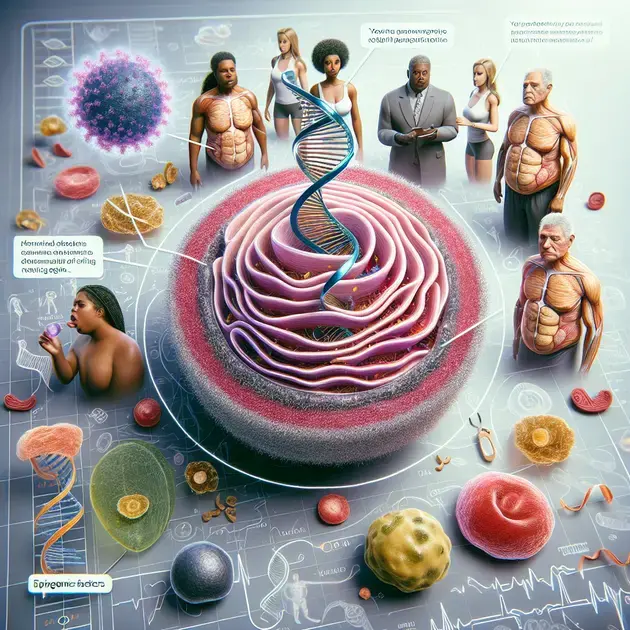This memory allows fat cells to store and accumulate fat more efficiently, making it challenging for individuals to maintain weight loss in the long term. This discovery highlights the importance of addressing the biological factors contributing to weight regain and suggests that interventions targeting fat cell memory could potentially improve long-term weight management.
The yo-yo effect, experienced by individuals who repeatedly lose and regain weight, has long been a subject of interest in the field of diet and obesity. Despite efforts to maintain weight loss, many people struggle to sustain the achieved results. This phenomenon has posed a challenge for scientists and individuals seeking effective weight management strategies.
The researchers in this study aimed to understand why weight regain is common after significant weight loss. Their investigations revealed that fat cells undergo epigenetic changes after weight loss, altering their functioning and ability to store fat more efficiently. When weight is regained, the body’s fat cells have an increased capacity to accumulate fat, making it difficult to maintain a lower weight.
This discovery is significant for several reasons. Firstly, it sheds light on the difficulty of achieving sustainable weight loss. It suggests that there are biological factors at play beyond willpower and discipline. Additionally, it suggests that interventions targeting fat cell memory could potentially help individuals maintain their weight loss in the long term.
However, it is important to note that while this study provides valuable insights, there is still much to be understood about the molecular details of fat cell memory and epigenetic changes. Further research is needed to fully comprehend the complex mechanisms involved and explore potential interventions and treatments.
In summary, researchers have discovered an intriguing mechanism behind the yo-yo effect, linking it to the epigenetic memory of fat cells. Understanding this mechanism is essential for addressing the biological factors contributing to weight regain after significant weight loss. By gaining a deeper understanding of fat cell memory and associated epigenetic modifications, scientists may eventually develop more effective strategies for long-term weight management.
